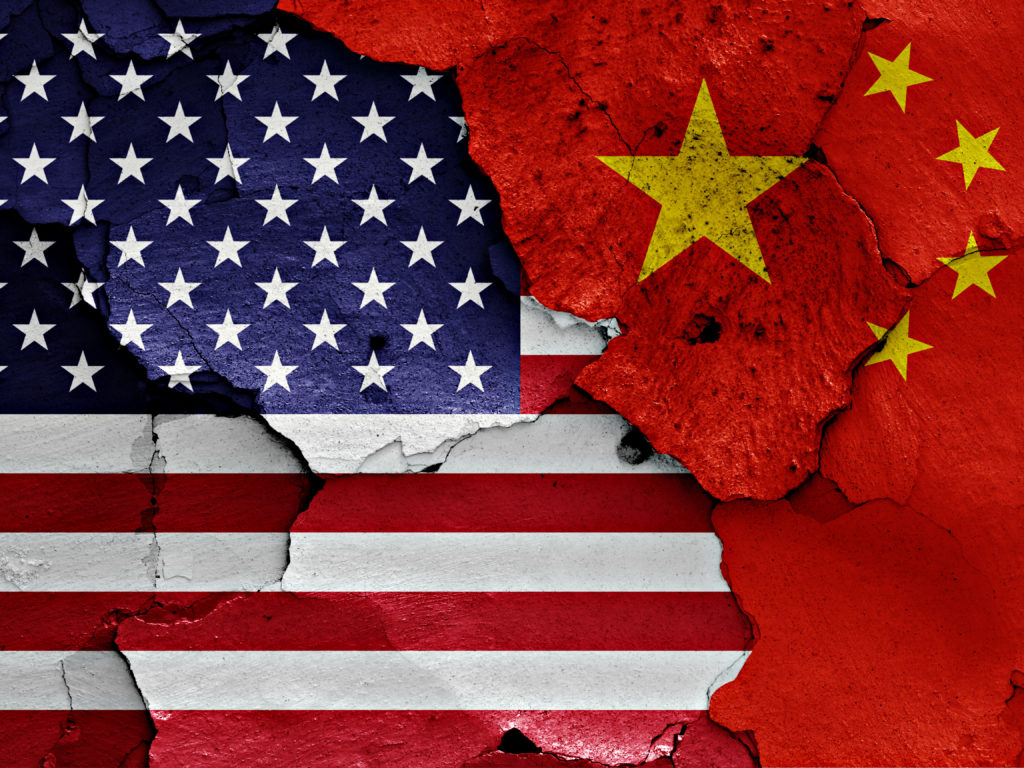
On 24 September 2021, Meng Wanzhou, CFO of Chinese telecoms company Huawei entered a deferred prosecution agreement (‘DPA’) with US authorities. Ms. Meng was arrested at Vancouver airport in 2018 at the request of US authorities seeking to extradite her for wire fraud and bank fraud in connection with alleged violation of US sanctions on Iran.
In a federal court hearing in Brooklyn, Ms. Meng, who attended via video link, plead not guilty to the formal charges brought by US prosecutors but admitted to having deceived lenders. As part of the DPA, Ms. Meng agreed not to contradict a four-page statement of facts, in which US authorities have set out the precise nature of Ms. Meng’s role in what they assert was a scheme to defraud a global financial institution’.
According to the DPA, Ms. Meng ‘made multiple material misrepresentations’ during her 2013 meeting with what the DPA refers to as ‘Financial Institutions’ about the relationship of Huawei and Skycom. Namely, Huawei controlled Skycom, and it was not, as Ms. Meng claimed, a business partner, or third party working with Huawei. Second, and contrary to Ms. Meng’s representations, Huawei had not sold its shares in Skycom, but continued to own shares through a Huawei subsidiary, and third, that Huawei operations were not compliant with ‘applicable laws’ because Huawei’s operation of Skycom in Iran caused the provision of prohibited financial services.
Following the agreement, US prosecutors have stated that they will withdraw their extradition request, and ultimately dismiss the charges brought against Ms. Meng by December 2022; providing she complies with the terms of the DPA. The terms include, for example, a prohibition on any contradictory statements being issued by Ms. Meng or her legal team and the right of US authorities to resume prosecution (aside from those which may be time-barred) should Ms. Meng fail to comply with the terms of the DPA.
Shortly after the announcement of Ms. Meng’s DPA, two Canadian Citizens, Michael Spavor and Michael Kovrig were released from detention in China, after a two-year period. Their detention is widely considered to have been a means of retaliation by Chinese authorities for Ms. Meng’s arrest, although any connection between the cases has been denied by Chinese officials.
This is believed to be the first-ever DPA struck with a defendant who remained outside the jurisdiction throughout the proceedings, an indication of the exceptional nature of Meng’s case. Both the US and China accused each other of abusing the criminal justice system for political gain and it is not clear what eventually broke the impasse. One possibility is that neither side wished to wait for many years for the inevitable levels of appeal in Canada, whatever the outcome of the initial proceedings. It is also highly likely that the Canadian government had urged the US authorities to reach a pragmatic deal seeing as two of its citizens were being used as bargaining chips. However, the fact that Meng (and, therefore, Huawei itself) admitted to criminal conduct after years of vehement denials backed by the full weight of the Chinese government, must go down as a victory to the US Department of Justice. One thing the case does prove is that extradition remains the area of law where the collisions between criminal justice and high politics are most likely to be laid bare.
Categories: Canada, China, United States



Recent Comments